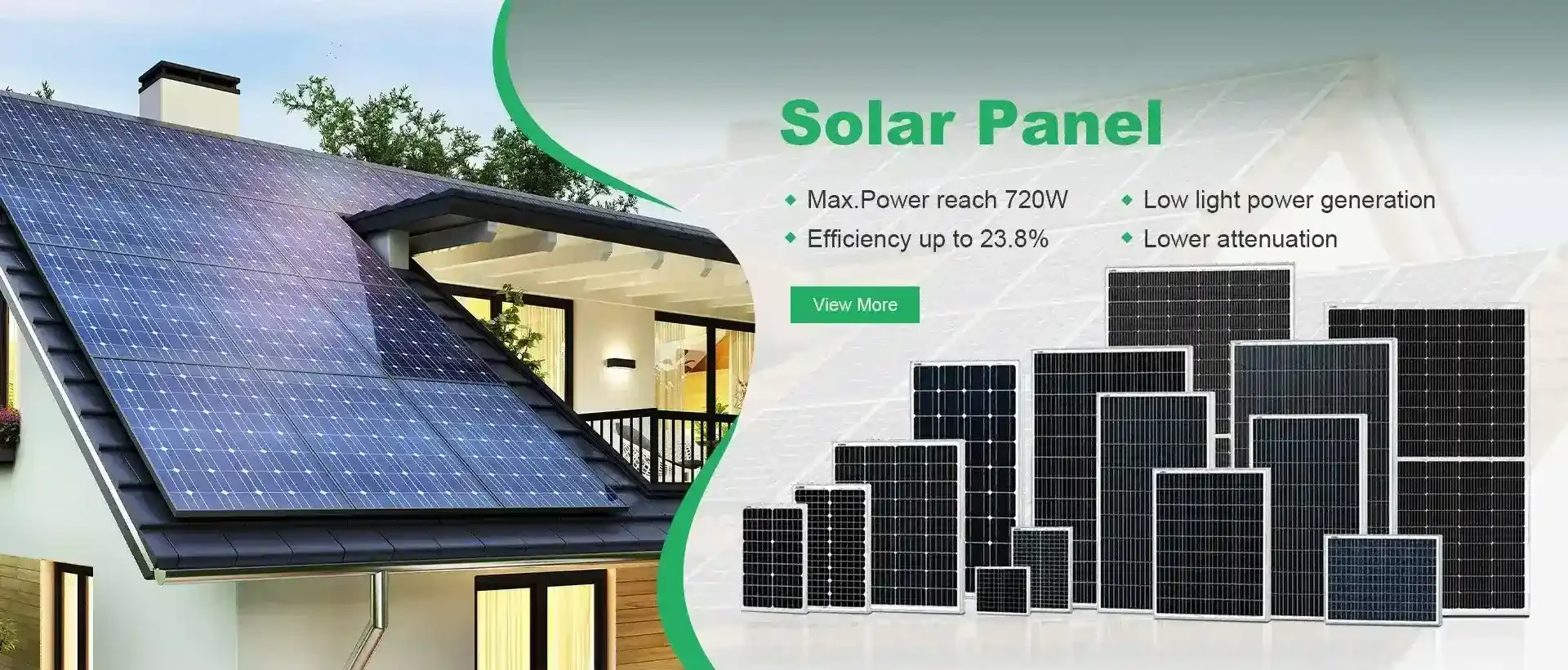Exploring the Benefits and Innovations of Solar Panel Technology for Sustainable Energy Solutions
The Rise of Photovoltaic Panels Harnessing Solar Energy for a Sustainable Future
In the age of climate change and the urgent need for sustainable energy solutions, photovoltaic panels have emerged as a key player in the transition towards renewable energy. These innovative devices convert sunlight directly into electricity, providing a clean, renewable source of power that can significantly reduce our carbon footprint. This article delves into the mechanics, benefits, and challenges of photovoltaic technology, shedding light on its potential to reshape our energy landscape.
Understanding Photovoltaic Technology
At its core, photovoltaic (PV) technology operates on a simple principle the photovoltaic effect. This phenomenon occurs when certain materials, known as semiconductors, absorb photons from sunlight and release electrons, generating an electric current. The most commonly used semiconductor in PV panels is silicon, which can be found in various forms, including monocrystalline, polycrystalline, and thin-film technologies. Each type has its advantages and applications, catering to different energy needs and installation conditions.
Photovoltaic panels consist of several interconnected solar cells that work in harmony to produce electricity. When sunlight hits these cells, the energy is converted into direct current (DC) electricity. An inverter then transforms this DC electricity into alternating current (AC), which is suitable for powering homes, businesses, and even feeding excess electricity back into the grid.
The Benefits of Photovoltaic Panels
1. Environmental Impact One of the most significant advantages of photovoltaic panels is their ability to reduce greenhouse gas emissions. By harnessing solar energy, households and businesses can decrease their reliance on fossil fuels, which contribute to global warming and air pollution.
2. Energy Independence Photovoltaic systems empower individuals and communities to generate their own electricity. This not only reduces dependence on centralized energy sources but also provides a buffer against energy price fluctuations, enhancing economic stability.
3. Low Operating Costs Once installed, PV panels require minimal maintenance and have a long lifespan, typically exceeding 25 years. The cost of solar energy continues to decrease, making it a financially viable option for many households and businesses.
4. Job Creation The solar industry has rapidly expanded over the past decade, creating numerous jobs in manufacturing, installation, maintenance, and research. This growth contributes to economic development and can help create a more skilled workforce.
pannelli fotovoltaici

5. Scalability and Versatility Photovoltaic panels are highly versatile and can be installed in various settings, from residential rooftops to large-scale solar farms. This flexibility allows for tailored energy solutions that meet specific energy needs.
Challenges Facing Photovoltaic Panels
Despite the numerous advantages, the widespread adoption of photovoltaic panels is not without challenges. Some of the primary hurdles include
1. Initial Costs Although prices have dropped significantly, the upfront cost of purchasing and installing PV systems can still be a barrier for many homeowners and small businesses. Financial incentives, such as tax credits and rebates, are essential to encourage adoption.
2. Intermittency Issues Solar energy generation is reliant on sunlight, which means that energy production can be inconsistent. This intermittency issue requires the development of efficient energy storage solutions and grid management strategies to ensure a stable power supply.
3. Land Use Concerns Large-scale solar installations require significant land areas, which can lead to competition with agricultural or natural landscapes. Careful planning and environmental assessments are necessary to minimize these impacts.
4. Recycling and Waste Management As the solar industry grows, so does the need for responsible disposal and recycling of outdated or damaged PV panels. Developing sustainable methods for managing solar waste is crucial for the longevity of the industry.
Conclusion
Photovoltaic panels represent a vital component of our transition to a sustainable energy future. By harnessing the sun’s abundant energy, we can reduce our carbon footprint, enhance energy independence, and foster economic growth. While challenges remain, ongoing advancements in technology and policy support will be integral to overcoming these obstacles. As we continue to invest in and embrace solar energy, photovoltaic panels will undoubtedly play a pivotal role in our quest for a cleaner, more sustainable planet.
-
String Solar Inverter: The High-Efficiency Solution for Smart Solar EnergyNewsJul.14,2025
-
Revolutionizing Rooftop Energy with the Power of the Micro Solar InverterNewsJul.14,2025
-
Power Independence with Smart Off Grid Solar Inverter SolutionsNewsJul.14,2025
-
On Grid Solar Inverter: Powering the Future with Smart Grid IntegrationNewsJul.14,2025
-
Monocrystalline Solar Panels: High-Efficiency Power for the Future of Clean EnergyNewsJul.14,2025
-
Bifacial Solar Panel: A Smarter Investment for Next-Generation Energy SystemsNewsJul.14,2025







